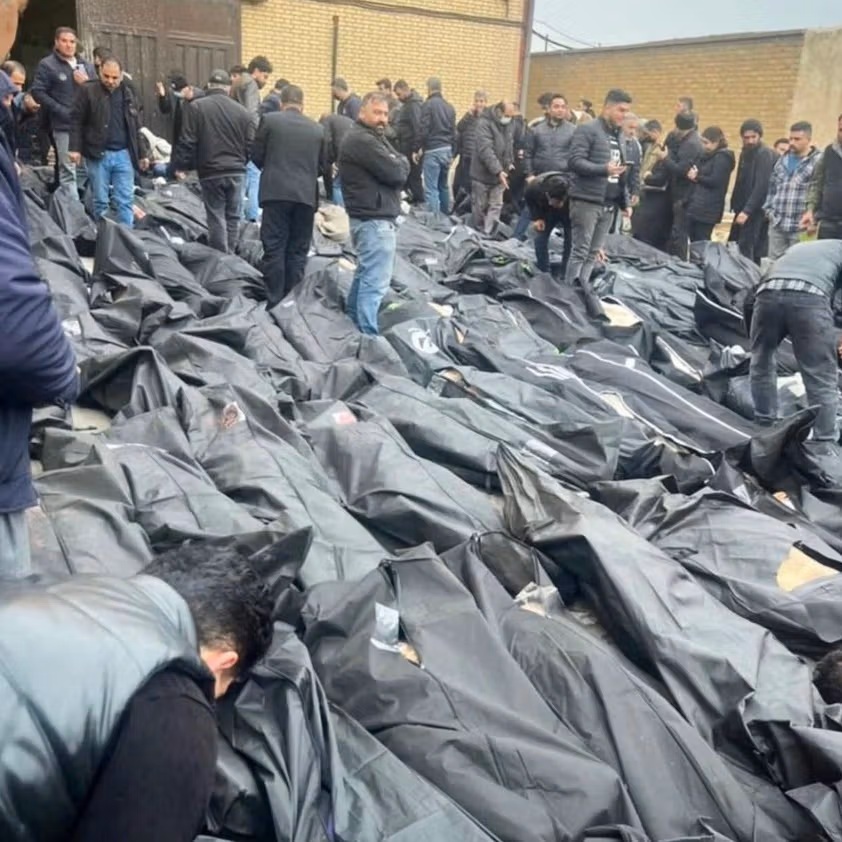Iran will be ready for a new satellite launch in a few months’ time after a failed attempt this week, President Hassan Rouhani said on Wednesday, ignoring U.S. and European warnings to avoid such activity.
Western officials say the missile technology used in such launches could be applied to delivering a nuclear weapon.
Iran’s bid to send a satellite, named Payam, into orbit failed on Tuesday as its launching rocket did not reach adequate speed in its third stage.
Rouhani was quoted by state media as saying, however, that Iran had “achieved great success in building satellites and launching them. That means we are on the right track.
“The remaining problems are minor, will be resolved in a few months, and we will soon be ready for a new launch,” he said.
The United States warned Iran this month against undertaking three planned rocket launches that it said would violate a U.N. Security Council resolution because they use ballistic missile technology.
France’s Foreign Ministry on Wednesday condemned the abortive launch and urged Iran to cease ballistic missile tests, which Paris sees as of potential use for nuclear arms.
“The Iranian ballistic programme is a source of concern for the international community and France,” ministry spokeswoman Agnes von der Muhll said in a statement.
“We call on Iran not to proceed with new ballistic missile tests designed to be able to carry nuclear weapons, including space launchers, and urge Iran to respect its obligations under all U.N. Security Council resolutions,” von der Muhll said.
Iran, which deems its space program a matter of national pride, has said its space vehicle launches and missile tests do not flout a U.N. resolution and will continue.
Under the U.N. resolution enshrining Iran’s 2015 nuclear deal with Britain, China, France, Germany, Russia and the United States, Tehran is “called upon” to refrain from work on ballistic missiles suitable for carrying nuclear weapons.
Some states say this phrasing does not make it an obligatory commitment. Iran has repeatedly said the ballistic missiles it is developing are purely defensive in purpose and not designed to carry nuclear warheads.
The nuclear deal is now at risk after President Donald Trump withdrew the United States from it, in part because it did not cover Iran’s ballistic missile program, and reimposed tough sanctions on Tehran.
Source: Reuters





